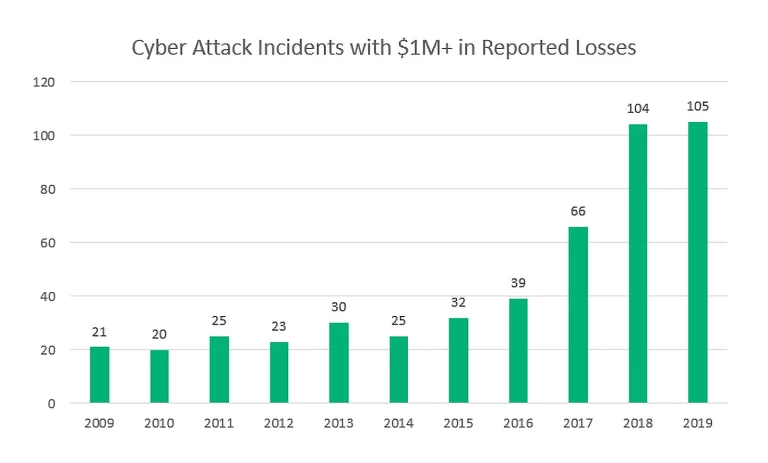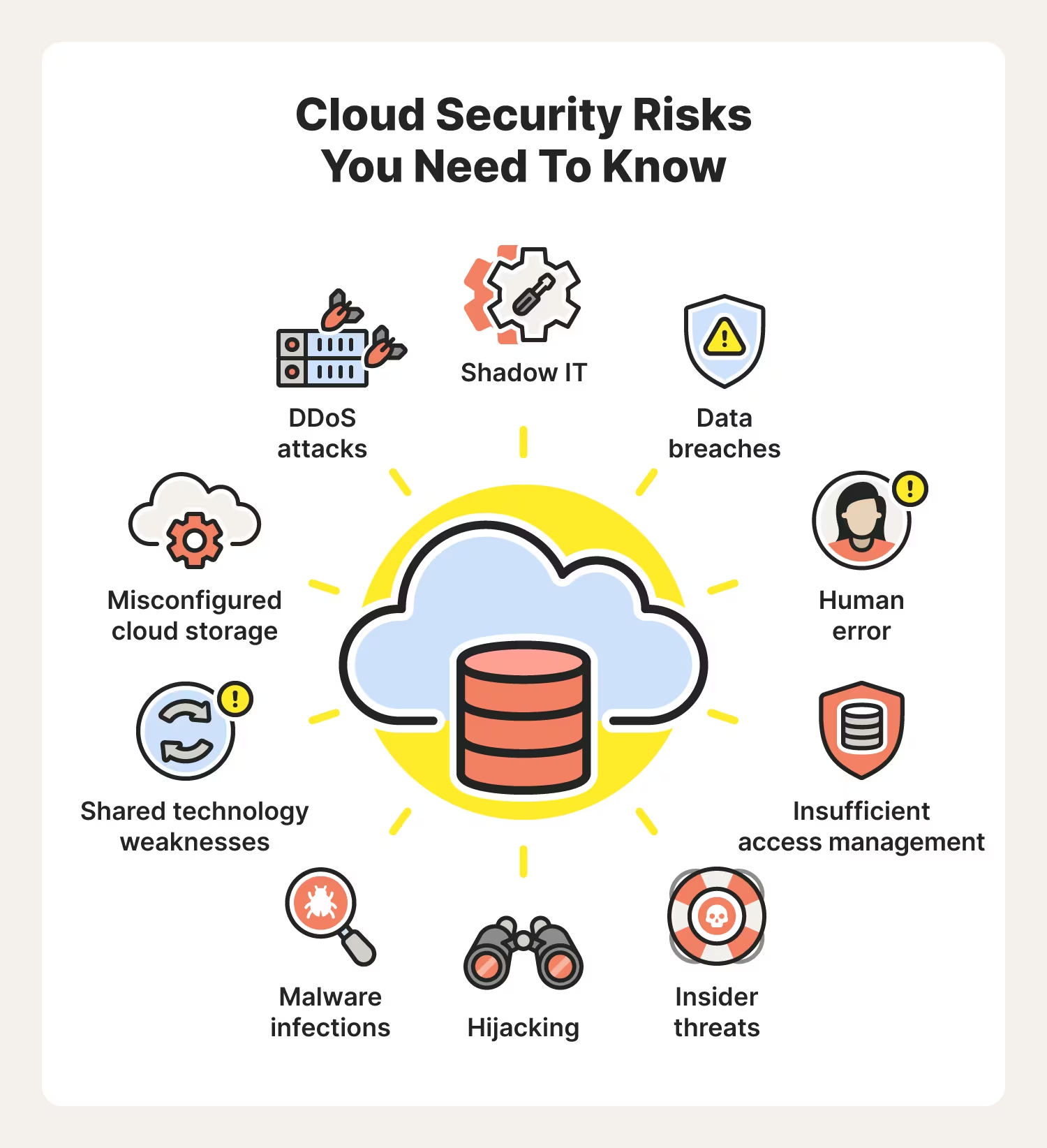What Does "Cloud Native" Mean for Cybersecurity?
The concept of ‘cloud native’ is becoming increasingly important among organizations looking to further enhance their cybersecurity. As a term, it may mean different things to different people. According to the Cloud Native Computing Foundation (CNCF):
“Cloud native technologies empower organizations to build and run scalable applications in modern, dynamic environments such as public, private, and hybrid clouds. Containers, service meshes, microservices, immutable infrastructure, and declarative APIs exemplify this approach.
These techniques enable loosely coupled systems that are resilient, manageable, and observable. Combined with robust automation, they allow engineers to make high-impact changes frequently and predictably with minimal toil.”
This definition encapsulates the general aim and benefits of cloud-native technologies. Small and mid-sized businesses (SMBs) could certainly leverage cloud-native solutions to get more out of the cloud.
What is Cloud-Native Security?
Cloud-native security is essentially a follow-on to existing cloud-native technology. It’s becoming more crucial, given the risks of moving sensitive data to and from cloud platforms. For example, statistics show that in a 12-month timeframe, organizations lost $6.2 million to cloud account compromises, with 98% of enterprises having to deal with a cloud security breach in the last 18 months.
It is not only financial losses that can result from such a breach; it is also increased downtime and a loss in productivity, consumer trust, and reputation. Compromised cloud accounts can have far-reaching consequences, so more strategies are needed to prevent and mitigate these risks. This is where cloud-native security comes in.
Containers are an important part of cloud-native security. These are standalone software packages that bundle all of an application’s code and dependencies, which allows for the application to run reliably, irrespective of its environment. By utilizing containers, organizations will be able to easily move applications from one cloud platform to another.
Take Linux containers as an example. These technologies allow organizations to package and isolate applications, including all of the files necessary to run them. This means you can readily move the contained application between different environments (e.g. development, test, production, and so on), all while keeping full functionality. An organization can also run a container workload in a private, public, or hybrid cloud.
If you are using a cloud service provider like Amazon Web Services (AWS) and you run a container, then Amazon would be responsible for the security of the cloud. However, this does not mean you don’t have to take any action with regard to your cybersecurity. You will still be responsible for security in the cloud, the applications, and the containers. This is why you need to adopt cloud-native security.
In a cloud-native application, there are basically four layers to security, known as the 4Cs of cloud-native security. These are Cloud, Cluster, Container, and Code:
- Cloud is the interface that interacts with the external world. This layer would include users, third-party plugins, and external APIs.
- Next is the cluster layer. When you deploy applications on cloud infrastructures, they will typically be modularized and grouped into clusters. To secure a cluster, you need to secure the configuration of communication within the cluster, as well as the software that runs within it.
- The container layer we have already looked at. But it is worth underscoring that this is the most critical part of application deployment security in cloud-native applications.
- Code, the final layer, involves developing security into an application’s code. This is part of DevSecOps, which involves putting an emphasis on application security earlier in the development lifecycle of the application.
The Benefits of Cloud-Native Security
There are many benefits to implementing cloud-native security in your organization. These include:
- Improved visibility and monitoring: by using cloud-native security, you can aggregate information from every component of an application. Cloud-native security also provides complete end-to-end visibility about the environment. It is this kind of real-time view that is critical in security-related decision-making.
- It’s easy to deploy security architecture changes: this is vital, as you need to update infrastructures with the latest security measures to tackle evolving cyber threats.
- Reliable backup and recovery: one of the main advantages of cloud-native applications is that cloud providers will ensure a data backup. This includes a backup of critical applications so that you will only have negligible downtime should a system failure, data breach, or natural disaster occur.
- Data security: cloud-native security employs effective key-based encryption algorithms, stopping external users from intercepting data streams as they move to and from the cloud or accessing data when it is saved to cloud storage. Sensitive data can also be restricted only to authorized users.
- Platform flexibility: cloud-native security supports applications across multi-cloud and hybrid environments.
- Vulnerability management: cloud-native security solutions allow an organization to scan for vulnerabilities that may be anywhere within an application’s infrastructure. Also, by using trend analysis and threat predictions, you can identify the biggest business risks and so prioritize different vulnerabilities
Cybersecurity Professionals Are Concerned About Cloud Security
According to the 2021 Cloud Security Report from (ISC)², 96% of cybersecurity professionals say they are at least moderately concerned about public cloud security while 73% rate their security readiness average or below average. Cloud-native security, however, can help to combat these concerns by improving security readiness, ensuring that organizations are better prepared to deal with security threats, no matter how serious they might be.
Cyberlocke is a comprehensive, full-service IT services provider that architects and implements efficient and secure solutions for enterprise customers and their data centers. We specialize in security, cloud, managed services, and infrastructure consulting. Contact Us today to learn more.


